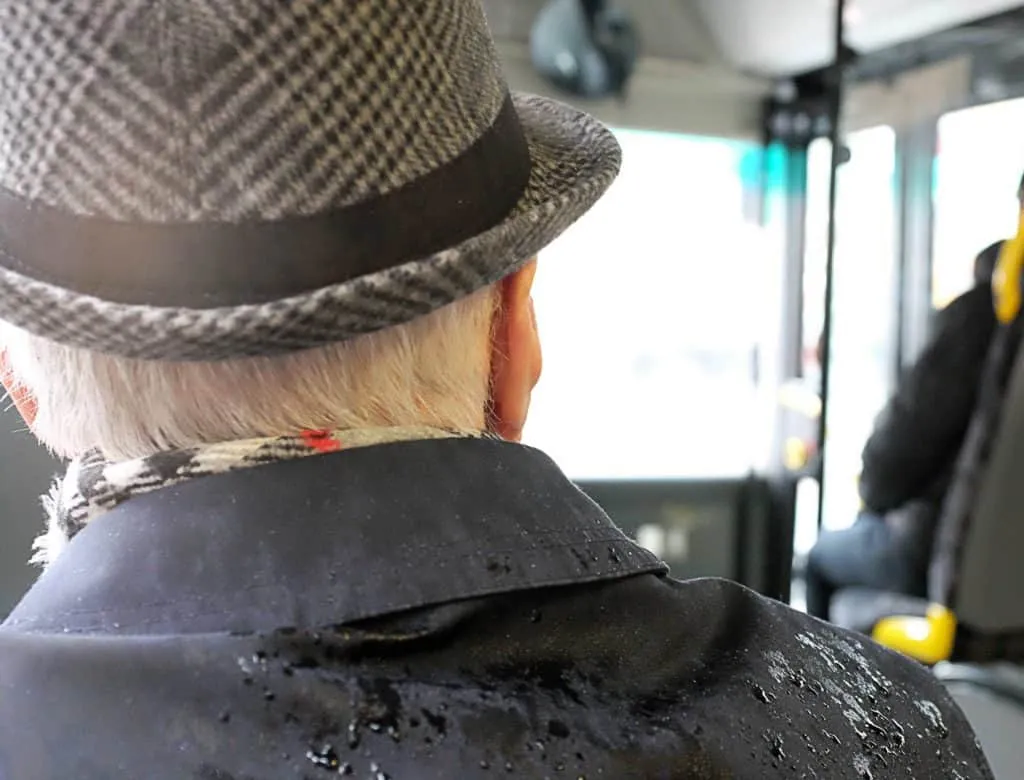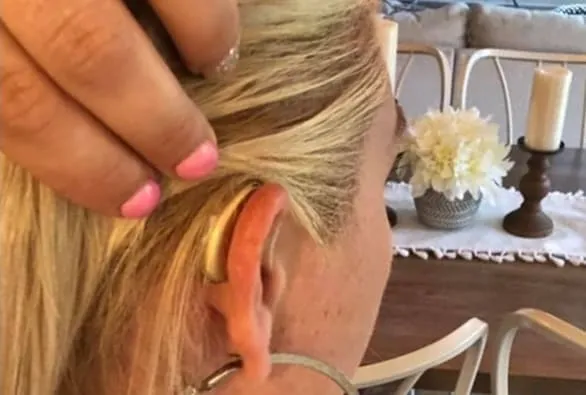By Dr. Jonathan Javid, Au.D. | Updated August 2025
As an audiologist with over a decade of experience, I’ve worked with thousands of patients and have come to understand a crucial truth: consistency is key to hearing aid success. While some people wear their hearing aids all day without fail, others struggle to keep them in at all. This article will help clarify when you should wear your hearing aids—and just as importantly—when you shouldn’t.
How Often Should You Wear Hearing Aids?
Hearing aids should be worn during all waking hours of the day—with only a few specific exceptions. Consistent use helps your brain adapt to amplified sound, improves your communication skills, and reduces listening fatigue.
Remove your hearing aids when:
- They are at risk of getting wet (e.g., swimming, heavy rain)
- You are exposed to very loud environments where hearing protection would normally be used
- You are sleeping or napping
- You are exposed to constant wind (e.g., driving with the windows down)
See also: Everything to Know About Hearing Aids
When You Should Always Wear Hearing Aids
Many people assume they only need their hearing aids when talking to others—but hearing is about more than conversation. Passive listening helps your brain stay acclimated and sharp.
- One-on-one conversations
- Group settings and meetings
- Religious services
- Watching TV or movies (Best Hearing Aids for TV)
- While driving or on car rides
- Restaurants and noisy environments (Tips for Hearing Better in Restaurants)
- Even during quiet time at home (e.g., reading, light chores)
Why Wearing Hearing Aids All Day Matters

Wearing your hearing aids all day every day gives your brain time to acclimate and improve its processing of amplified sounds. People who wear their devices consistently tend to have better long-term results with speech understanding and less listening fatigue.
If you only wear your hearing aids in noisy environments, the sound may feel overwhelming. This is because you’re not gradually conditioning your brain to expect and process sound across different environments, including quiet ones.
Situations to Avoid Wearing Hearing Aids
Avoid Getting Hearing Aids Wet
While many modern hearing aids are water-resistant, they’re not waterproof. That means it’s okay to wear them while dashing through the rain—but not if you’re spending extended time outside in wet weather.

To protect your devices, wear a wide-brimmed hat or use Eargear covers (affiliate link). These breathable sleeves help prevent moisture and dust from reaching the sensitive microphones and receivers.
Read more: What To Do If Your Hearing Aids Get Wet
Don’t Sleep with Hearing Aids In
Wearing hearing aids while sleeping can cause pressure sores in your ears and can lead to lost or damaged devices. Take them out and store them in a hearing aid dehumidifier at night to extend their lifespan.
If you’re worried about missing your alarm, try the best alarm clocks for hearing aid users.
Be Cautious in Windy Conditions
Wind noise across hearing aid microphones can be very annoying, especially while driving with the windows down. Either remove the aids temporarily or use a wind protector like Eargear if you are outdoors frequently.
How New Users Can Adjust to Hearing Aids
New hearing aid users often face a sensory overload in their first few weeks. Sounds like birds chirping, pages turning, or footsteps may seem exaggerated or irritating. But this is a normal part of the hearing aid adjustment period.
The Acclimatization Period
It takes about 2–3 weeks for your brain to sort out which sounds to prioritize and which to ignore. During this time, you may consider lowering the volume slightly if things feel overwhelming, but try to continue wearing your hearing aids as much as possible. Gradual exposure is helpful, but wearing them full-time speeds up brain adaptation.
Related Research: PubMed – Brain Acclimatization to Hearing Aids
Frequently Asked Questions
How many hours a day should I wear my hearing aids?
Ideally, you should wear your hearing aids 12–16 hours a day—essentially all waking hours. Full-time users adapt more quickly and get the most benefit from their devices.
Is it OK to sleep with hearing aids?
No. Sleeping with hearing aids can cause discomfort and potential damage. Store them safely in a dry box or dehumidifier overnight.
How do I know if I need a hearing test?
All hearing aid users should get an annual hearing test. If you’re over 65 or notice increased difficulty hearing, ringing in the ears (tinnitus), or a drop in performance, schedule a hearing evaluation.

